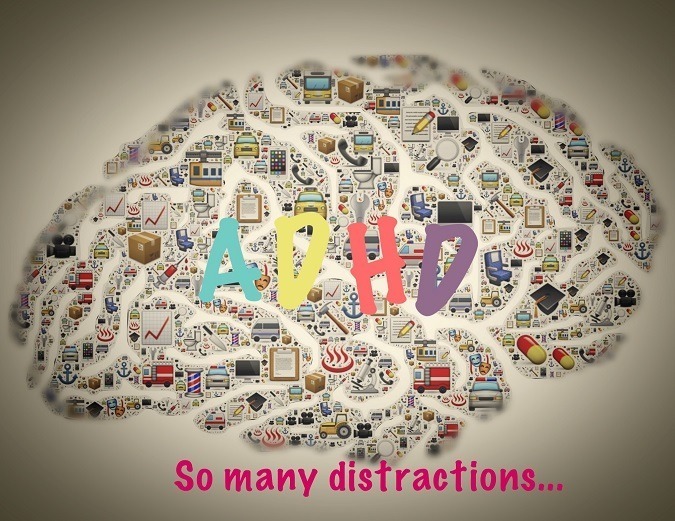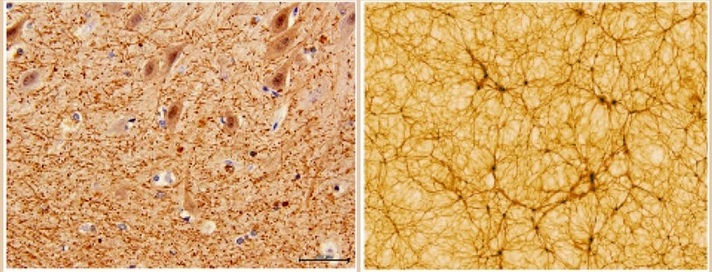Posts Tagged ‘ADHD-Treatment’
Study finds positive self-reported aspects of the ADHD experience among young women, especially related to hyperactivity and hyperfocus
As is true for children and adolescents, many adults experience substantial challenges related to having ADHD. These challenges often include relationship problems, educational and work challenges, difficulty adhering to long-term plans and goals, and time and money management difficulties. Given these well-documented difficulties, it is not surprising that ADHD treatment with adults has largely adopted…
Read MoreStudy: Self-guided internet-delivered treatment can significantly reduce ADHD symptoms among adults
Although ADHD was originally considered to be a disorder of childhood, it has been clear for years that it also impacts adults. At least 60% of children diagnosed with ADHD struggle with symptoms into adulthood and the estimated prevalence of ADHD in adults is between 4 and 5%. As with children and teens, medication treatment is…
Read MoreOn centenarians, memory, Mars, tDCS, ADHD, digital health, beautiful brains, and more
Welcome to a new edition of SharpBrains’ e‑newsletter, featuring ten timely resources and research findings for lifelong brain and mental fitness. #1. Let’s start with a fascinating story and study :-) Study with 330 centenarians finds that cognitive decline is not inevitable … (Henne Holstege, PhD, assistant professor at Amsterdam University Medical Center) said her interest in researching…
Read MoreUpdate: Understanding Brain Health via Cosmological Health, and vice versa
Welcome to a new edition of SharpBrains’ e‑newsletter, featuring fascinating findings, books and resources for lifelong brain health. #1. “The human brain (section; left image above) functions thanks to its wide neuronal network that is deemed to contain approximately 69 billion neurons. On the other hand, the observable universe (section simulation; right image) can count…
Read MoreStudy finds combined pharma + non-pharma treatment most beneficial to help youth with ADHD address long-term academic difficulties
__ Academic difficulties are one of the most important adverse consequences of ADHD, and they frequently contribute to parents’ decision to seek treatment for their child. Whether treatment consistently yields a positive impact on long-term academic success is thus an important issue; however, the answer to this question has been somewhat controversial.
Read MoreFDA clears Trigeminal nerve stimulation (TNS) as ADHD treatment
_____ Although stimulant medications are generally considered to be a safe and effective treatment for ADHD, not all children benefit from this approach. Many parents are reluctant to begin their child on medication and some children experience unacceptable side affects. For these reasons, developing safe and effective alternative treatments for ADHD remains a priority. Trigeminal…
Read More





